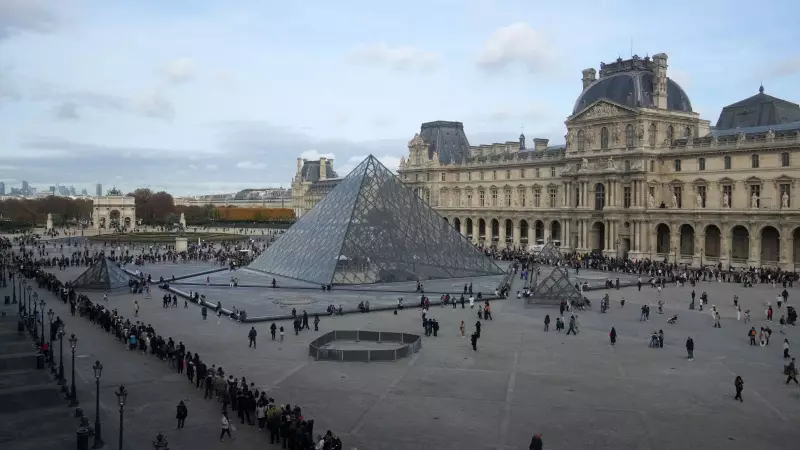
In a significant development in the high-profile Louvre Museum jewellery theft case, French judicial authorities have taken action against two additional individuals suspected of involvement in the brazen robbery that shocked Paris.
The Paris Prosecutor's Office has confirmed that preliminary charges have been formally handed to both new suspects, marking a crucial advancement in the ongoing investigation. This legal move indicates that prosecutors have gathered sufficient evidence to warrant serious charges, though the investigation continues to unfold.
Expanding Investigation
The case, which involves the theft of valuable jewellery from the prestigious Louvre Museum, has seen its suspect list grow with these latest developments. Preliminary charges under French law represent a critical step in the judicial process, allowing investigators more time to build their case while restricting the movements and activities of the accused.
International Attention
The Louvre jewellery heist has captured global attention, not only for the value of the stolen items but also for the audacity of targeting one of the world's most secure and famous museums. The case raises important questions about museum security and the international trade in stolen artworks and precious items.
Authorities remain tight-lipped about specific details regarding the new suspects or the nature of evidence that led to these charges. However, sources indicate the investigation is pursuing multiple lines of inquiry, including potential international connections to the theft.
What's Next in the Case
With preliminary charges now filed, the investigation enters a new phase where prosecutors will work to convert these initial charges into a formal indictment. The French judicial system allows for extensive investigation periods in complex cases, particularly those involving organized crime or international elements.
Museum security experts and art crime investigators worldwide are closely monitoring the case, as its outcome could set important precedents for how cultural institution thefts are prosecuted internationally.





